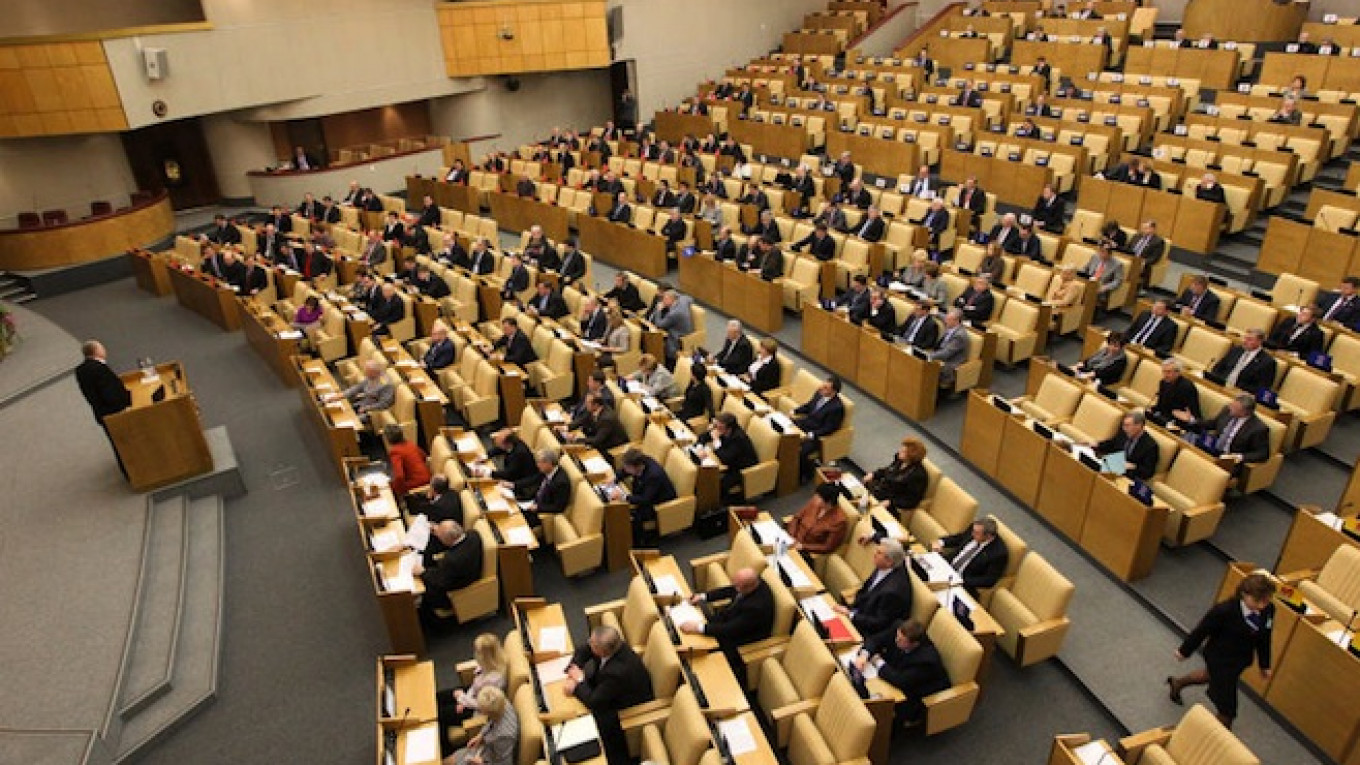Members of the Russian State Duma on Friday approved the third reading of a law regulating the work of news aggregators, the Slon.ru news website reported. The law received unanimous support, with 319 deputies voting for the law and none against.
The law holds news aggregators accountable for the dissemination of false information.
The law reduces fines for failing to comply with the orders of the Roskomnadzor media watchdog.
The first offense for legal entities now carries a fine of 600,000 rubles ($9,200), the first for individuals now 100,000 rubles ($1,500).
Leading Russian search engine Yandex was critical of the bill when it was first introduced, saying that its requirements were excessive and impractical. The law requires aggregators to save the information they disseminate for six months after publication.
Upon initial introduction in February, an explanatory note accompanying the bill stated the need for stricter regulation of aggregators, on the basis of their audience reach and ability to influence opinion.
A Message from The Moscow Times:
Dear readers,
We are facing unprecedented challenges. Russia's Prosecutor General's Office has designated The Moscow Times as an "undesirable" organization, criminalizing our work and putting our staff at risk of prosecution. This follows our earlier unjust labeling as a "foreign agent."
These actions are direct attempts to silence independent journalism in Russia. The authorities claim our work "discredits the decisions of the Russian leadership." We see things differently: we strive to provide accurate, unbiased reporting on Russia.
We, the journalists of The Moscow Times, refuse to be silenced. But to continue our work, we need your help.
Your support, no matter how small, makes a world of difference. If you can, please support us monthly starting from just $2. It's quick to set up, and every contribution makes a significant impact.
By supporting The Moscow Times, you're defending open, independent journalism in the face of repression. Thank you for standing with us.
Remind me later.






